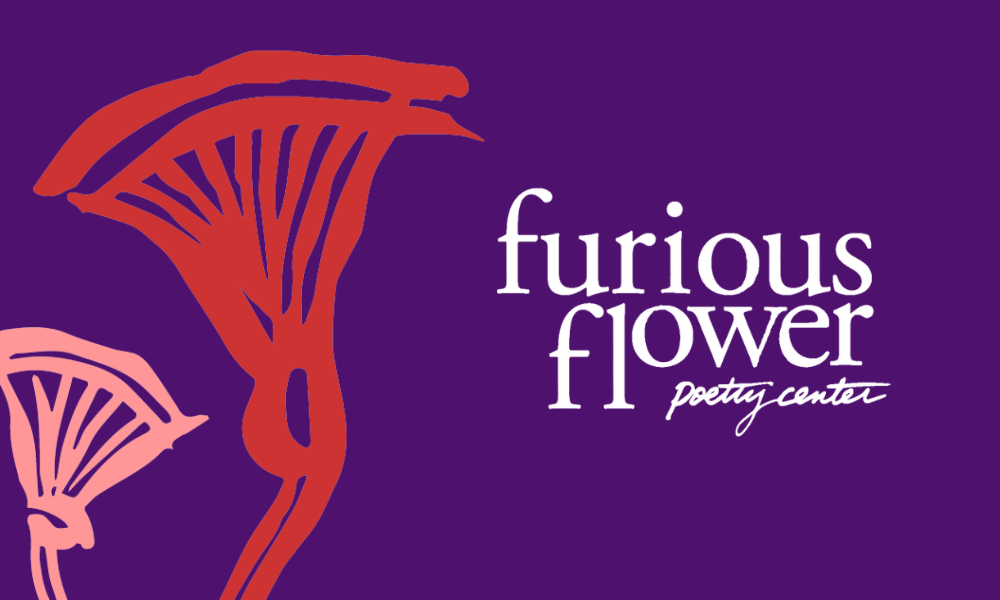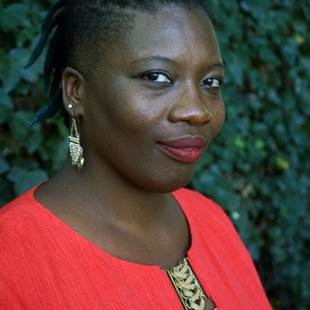Furious Flower Poetry Center receives Poetry Foundation Equity in Verse grant for $50,000
News
SUMMARY: Furious Flower Poetry Center has received a Poetry Foundation grant for $50,000 to convene 50 K-12 and college educators who will create and help distribute a “Furious Flower curriculum” across the country, a project developed and supported by their Advisory Board.
Furious Flower Poetry Center has received a Poetry Foundation grant for $50,000 to convene 50 K-12 and college educators who will create and help distribute a “Furious Flower curriculum” across the country.
Furious Flower Executive Director Lauren K. Alleyne said that this Equity in Verse grant was one of the largest grants that the Center has ever secured. “We have received support from the Poetry Foundation in the past; however, their awarding us a grant of such magnitude speaks to their trust in us and our mission, and I am grateful for that.”

The $50,000 grant project, spearheaded by the Furious Flower Poetry Center Advisory Board, seeks to bring together educators who will develop a group-designed syllabus with lesson plans on teaching Black poetry. These pedagogical materials will then be distributed to educators across the country for free. McKinley E. Melton, advisory board chair, said that the board wanted to design a project that would be adaptable to “courses at all levels, from elementary through collegiate-level teaching, with discrete units that could be incorporated into other courses for those whose teaching responsibilities prevent a full semester dedicated to Black poetry.”
The Board’s goal in developing this project is to ensure that as many students as possible at all levels are engaged to some extent with traditions of Black poetry, said Melton. “Ultimately, having multiple conversations around Black poetry happening in so many spaces, simultaneously, provides the opportunity for shared community around the writers, voices and works that Furious Flower has long been dedicated to celebrating,” he said.
The Equity in Verse grant category was created in response to a 2020 community letter requesting that the Poetry Foundation examine its historic cultural debt to poets of color. These grants are intended to provide support for nonprofit poetry and literary organizations, which include presses and publications, led and staffed by people of color, according to the Foundation's website.
The Board was invested in developing a project that would be grounded in the Center’s mission of educating and celebrating Black poetry, while also being attentive to the relationships that Furious Flower has with scholars, teachers, poets, and educational institutions all over the country, said Melton.
“For us, pursuing this work made perfect sense because it is in keeping with the commitments that Furious Flower has been making for nearly 30 years. This project seeks to build upon the work of the Center and to invite a new generation of students, scholars, and teachers to engage with Black poetry productively, respectfully, and creatively.”
McKinley E. Melton
The idea for this project emerged last September when the Furious Flower Advisory Board gathered in person for its annual meeting and brainstormed ways the board members could support the center. Since many of the board members are academics, they discussed teaching, said Alleyne.

“We were excited at the possibility of synchronizing those courses so that there could be interplay across institutions, and then we wondered what that might look like on a larger scale,” she said. “When the Equity in Verse grant crossed my desk, one of the things it was focusing on was curricular development and creating access to poetry. It seemed the perfect fit and turns out it was!”
Melton agreed, adding that the preservation of the syllabus as a resource will also make it available for anyone interested in teaching and studying Black poetry for years to come. “Recognizing all of the possibilities of the virtual space for forging global connections, especially in the wake of the pandemic and all of the ways that we’ve seen community built despite physical distance, this collaborative and collective project felt perfectly timed for this moment,” he said.
The next step in getting this project underway involves soliciting participants (poets, scholars, teachers) to create the syllabus and lesson plans. The Board will soon design an open call invitation to bring together a group of people who are similarly invested in the teaching of Black poetry and who are willing to share their knowledge and expertise in the development and curation of teaching materials that will be made widely accessible in 2024.
